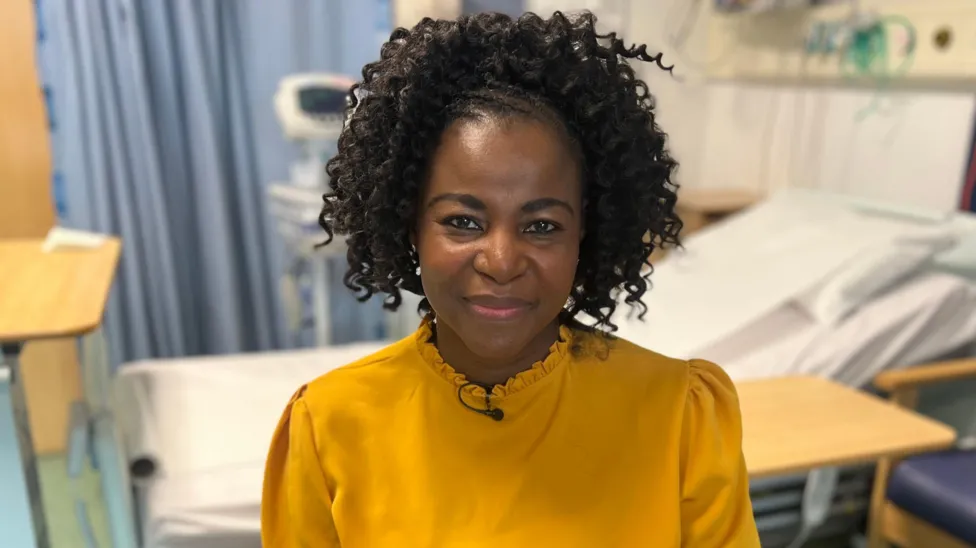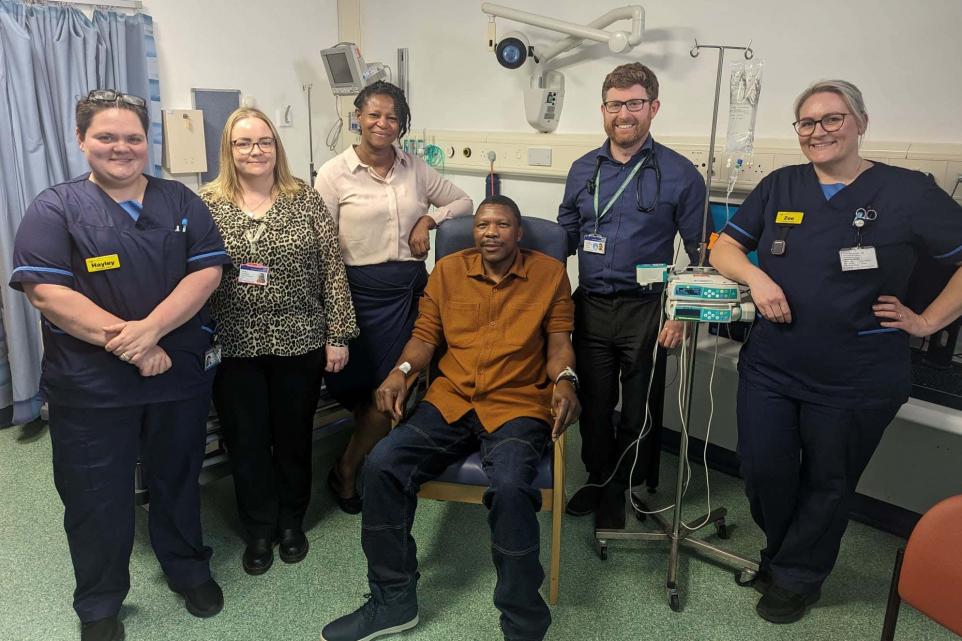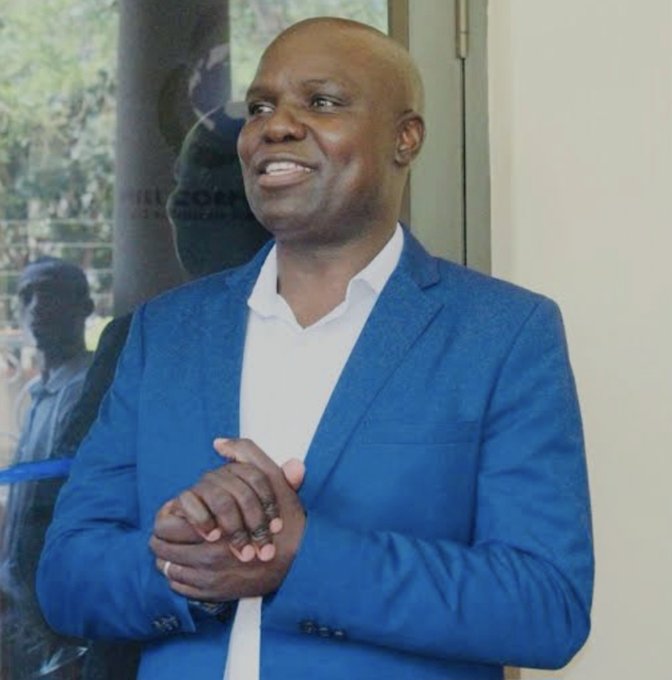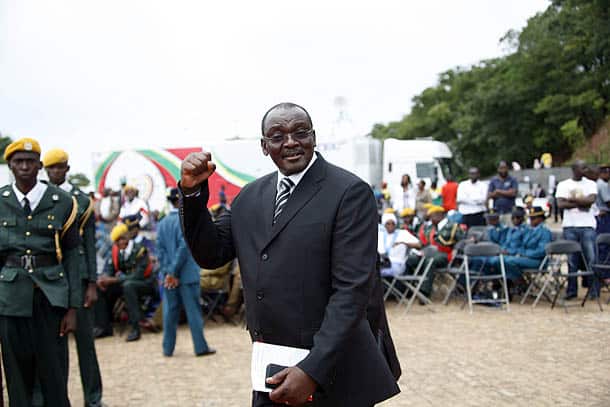Elliot Pfebve, fourth left, with staff at Queen Elizabeth Hospital Birmingham (NHS England/PA)
Elliot Pfebve, a veteran Zimbabwean politician with a rich history of activism, has made history by becoming the first person in the UK to receive a personalized cancer vaccine. Pfebve, who has worked under MDC founder Morgan Tsvangirai and is close to the popular Zimbabwean politician Nelson Chamisa, recently stood as a candidate for a local authority in a UK by-election representing the Labour Party.
Thousands of NHS cancer patients in England are set to participate in trials for a new cancer treatment using vaccines. The Cancer Vaccine Launch Pad, involving thirty hospitals so far, aims to match patients with upcoming trials utilizing mRNA technology, similar to that used in Covid-19 vaccines.
These vaccines are designed to prime the immune system to recognize and eliminate remaining cancer cells, reducing the risk of cancer recurrence. Elliot Pfebve, 55, is the first patient in England to receive a personalized vaccine against bowel cancer. Elliot, who had already undergone surgery and chemotherapy, received the jab at Birmingham’s Queen Elizabeth Hospital.
“I feel excited. I did some research about the treatment trial. If successful, it is a medical breakthrough,” he said. “It may help thousands, if not millions of people, so they can have hope and may not experience all I have gone through.”
Tests showed that Elliot still had cancerous DNA fragments in his bloodstream after initial treatment, increasing his risk of recurrence. He joined a trial for an investigational vaccine made by German pharma company BioNTech, which uses the same mRNA technology as the Pfizer-BioNTech Covid vaccine.

UK Dr Victoria Kunene hopes the vaccine will reduce the risk of cancer recurrence
Understanding Personalized Cancer Vaccines
Unlike traditional vaccines designed to prevent disease, cancer vaccines are created to treat cancer after diagnosis. These vaccines prime the immune system to target the patient’s specific cancer. Elliot’s tumor sample was sent to BioNTech’s labs in Germany, where up to 20 mutations unique to his cancer were identified. A vaccine was then created using mRNA, instructing Elliot’s cells to produce rogue proteins specific to his cancer cells. This acts like a ‘wanted poster,’ helping the immune system identify and destroy remaining cancer cells.
Dr. Victoria Kunene, the trial’s principal investigator from Queen Elizabeth Hospital Birmingham, said: “I think this is a new era. The science behind this makes sense. My hope is this will become the standard of care.”
While there is optimism about the potential for mRNA cancer treatment vaccines, they remain experimental and are only available through clinical trials. Over 200 patients from the UK, Germany, Belgium, Spain, and Sweden will participate in the trial, receiving up to 15 doses of the personalized vaccine. The study is expected to conclude in 2027.
Early Results and Future Prospects
The hope is that these vaccines will produce fewer side effects than conventional chemotherapy. Elliot reported only a mild fever following the injection.
Amanda Pritchard, NHS England chief executive, said: “Seeing Elliot receive his first treatment as part of the Cancer Vaccine Launch Pad is a landmark moment for patients and the health service as we seek to develop better and more effective ways to stop this disease.”
Prof. Peter Johnson, NHS national clinical director for cancer, added: “We know that even after a successful operation, cancers can sometimes return because a few cancer cells are left in the body. Using a vaccine to target those remaining cells may be a way to stop this from happening.”
Last month, a patient in London received a personalized mRNA vaccine against melanoma, the deadliest form of skin cancer. That vaccine, created by Moderna, used the same technology as their Covid vaccines. Moderna and BioNTech are planning or have begun trials of mRNA vaccines for various types of cancer, including lung, breast, and bladder cancer.
bbc, online, agencies














